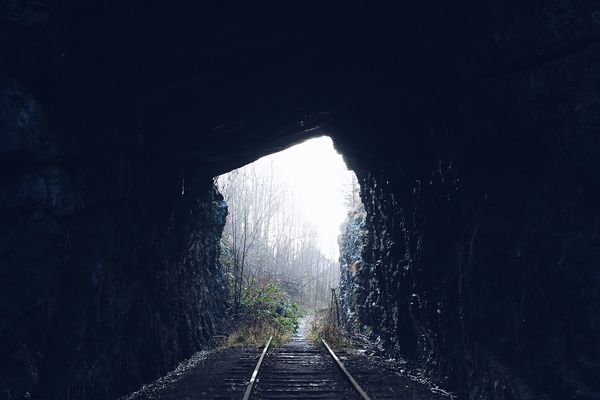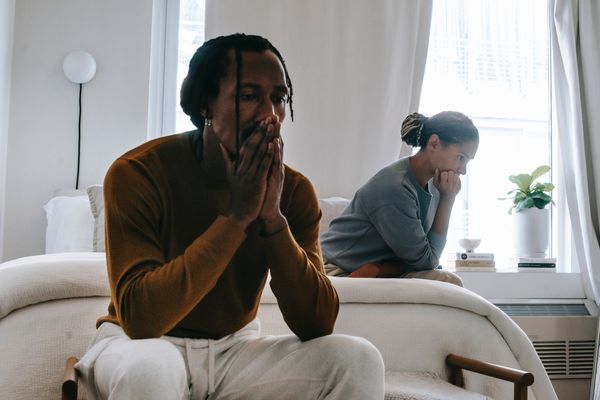Who are the Bryant Brothers?
And finally, we find Gabe, the Bryant Brother, who was proximally close but chose to remain distant. Why the chip on the middle child’s shoulder? Gabe blames Mason in the book, and if you’ve read the first three in the series, you can guess that I pulled from my brother, Eddie, to develop the plot.
Have you lost someone close? I’m sure you have, and I’m sorry for your pain; it’s sharp. Was the loss unexpected? It needn’t be to destroy you, but it helps.


My brother died as he crossed the cement train platform to embark on his way to work. For him, the pain of existence was over before he hit the ground. But for his wife, boys, and sisters, it had just begun.
Gabe’s profession as a paramedic is a nod to the three people who stopped on that platform, choosing to be late to help a stranger. One man called 911. Another ran for help from the MBTA employees, and a woman stayed with my brother. We get what we give in life; my brother would have willingly done the same. That he didn’t die alone is a gift his family appreciates tremendously.


I couldn’t wrap my brain around the revelatory phone call, even though shocking calls were standard, as mentioned in the “Meet Dan” installment. But when it’s your brother, your brain rejects the idea. So who could my sister be talking about? It took three tries to convince me my brother was gone forever.
My body felt shattered into a million pieces, and I couldn’t fathom how I was still moving, standing, and speaking.
My body felt shattered into a million pieces, and I couldn’t fathom how I was still moving, standing, and speaking. Breathing was a chore, and figuring out my next move was one of the hardest decisions I ever made.


It became evident that seeing him was crucial. Though it was only the package and not his true essence in the hospital emergency room, it was the closest I would ever be to him again. Rapid-fire phone calls were made, a plan was hatched, and the truth I needed to see for myself was epically life-altering.
It took me years and help from others to process the grief, but I learned a lot. Mainly, how the dead don’t play fair.
In “Glitter and Grief,” Gabe thinks he holds onto resentment from a childhood beat-down from his kid brother. But in actuality, he grapples with this paradox: The moment someone we love dies, we revere them, forget all their imperfections and how they could grate on us and frustrate us to no end. Instead, all we remember is love.
The dead don't play fair.
“When they lost their body, now immense love will come forth. Because this barrier of the body is gone. Now, there’s no problem. They won’t speak. They won’t argue with you. They won’t disagree with you. Now, you see only the wonderful side of who they were.” (6:50 - 8:25)
~ Sadhguru
Gabe remembered the negative aspects of Mason to prevent him from feeling the loss. Anger feels more potent than sadness; with it, he built a wall to prevent others from entering, forcing his guard down, and making him care again - until he found himself needing help.


We all need help and care from others on occasion. Yet, as humans experiencing form, we disappoint, frustrate, and vilify one another. I’ve come to suspect this is not only normal but necessary. How else do we grow, learn, and advance through our journey? We don’t gain character or strength of will being treated like princes and princesses riding on a sedan chair. Life is about taking the bitter with the better, finding your own happiness, and forgiving everyone for everything.
Be well,
Kathleen

